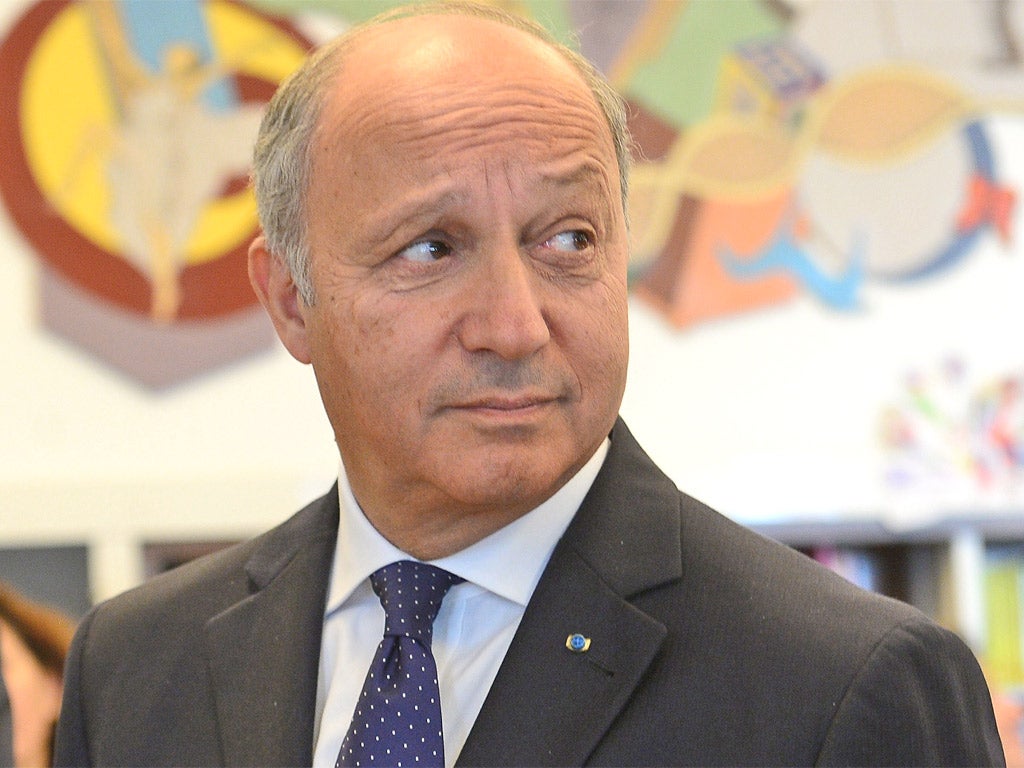Paralysis over action in Syria fuels calls for reform of moribund UN Security Council

Staring delegates at the General Assembly in the face this week is a crisis at the heart of the UN system, namely the sclerosis besetting the 15-member Security Council as demonstrated vividly by its inability to respond so far to the civil war in Syria. Not a few among them are taking notice.
It has been three decades since the UN first asked whether rules set at its founding that gave five powers the right of veto – Russia, China, France, Britain and the United States – are tenable. Reform efforts have repeatedly been stymied precisely by those same countries set on protecting their special prerogative.
If the end of the Cold War brought hopes of an end to the pattern of the US and Russia using the body to rehearse their geopolitical rivalries, they have now faded. On Syria, it has been back to the same-old. Draft resolutions targeting the regime were vetoed three times by Russia with quiet backing from China. Now the chamber is struggling even to endorse the US-Russia accord of mid-September to rid Syria of chemical weapons.
“You have a situation where those who possess the power of veto talk more war than peace,” President Jacob Zuma of South Africa complained to journalists here. “You have a minority that has the last word and unfortunately is no longer helping. It is actually becoming part of the problem.”
Addressing the Assembly, President Zuma pushed again for reform that would at least see the number of permanent members and non-permanent members expanded. “We cannot remain beholden indefinitely to the will of an unrepresentative minority on most important issues of international peace and security,” he said.
India’s UN ambassador, Asoke Mukerji, whose country is also among those lining up for a permanent seat, agreed. “I think the frustration is being felt now by the international community because they find that the Security Council is completely paralysed. It does not respond in time to crises,” he said on the fringes of the meeting. Turkey’s President, Abdullah Gul, bluntly called the inaction over Syria a “disgrace” in his speech.
Squabbles over enforcement of the Geneva deal on chemical weapons meant that a promise to pass a resolution before the start of this week’s Assembly was never met and it is not even clear whether one will emerge before most of the leaders have gone home by this weekend. At the heart of the dispute: Russian apprehension that, by casting it in the context of Chapter 7 of the UN Charter, the US, Britain and France will interpret it as a green light for military action should Syria fall short of its obligations.
Laurent Fabius, France’s Foreign Minister, appeared to indicate a willingness of the Western powers to make clear in whatever text is proposed that no such thing will be meant by it. “We should take exactly what was foreseen in Geneva,” Mr Fabius said.
Yet even if a Syria resolution enshrining the Geneva accord emerges, the wider issue of the Security Council will remain on the table. India, South Africa and other rivals for permanent seats are likely to push for a proposal of its expansion to be ready for a summit of world leaders in 2015 to mark the UN’s 75th anniversary.
Subscribe to Independent Premium to bookmark this article
Want to bookmark your favourite articles and stories to read or reference later? Start your Independent Premium subscription today.

Join our commenting forum
Join thought-provoking conversations, follow other Independent readers and see their replies